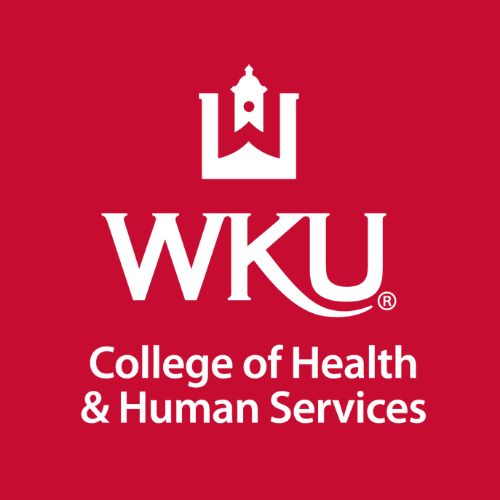WKU Center for Environmental and Workplace Health faculty and students complete study on hazardous material transport
- WKU College of Health and Human Services News
- Tuesday, May 30th, 2023

Faculty and students from the WKU Center for Environmental and Workplace Health (CEWH) and the Environmental and Occupational Health Science (EOHS) program in the Department of Public Health are working with the Northern Kentucky Emergency Planning Commission (NKEPC) to complete a hazardous materials commodity flow study.
On May 16, 2023 Dr. Ritchie Taylor presented findings to the NKEPC, which is a federally mandated entity composed of state and local officials, business representatives, and members of the press. The NKEPC encompasses the emergency management offices of Boone, Campbell, Gallatin, Kenton, Owen, Pendleton, Grant, Robertson, and Bracken counties in Kentucky. Dr. Taylor, including Dr. Edrisa Sanyang, Dr. Gretchen Macy, and Mrs. Jacqueline Basham, all faculty in the Department of Public Health, have worked on this yearlong project through the WKU Center for Environmental and Workplace Health. The study was funded through the U.S. Department of Transportation and Kentucky Emergency Management. Students from across three colleges at WKU worked on this project in the summer of 2022 to conduct hazardous material placard surveys. The students included Alexzandra Lorenzana Alvarez (Public Health), Henry Hardin (Biology), Samuel Opoku-Duah (Applied Economics), and Toyin Amunigun (Applied Economics).
Dr. Taylor shared, "Hazardous materials are transported daily through each county in Kentucky. The need for information on the transport of these materials is critical to better prepare communities for transportation incidents, and protect the safety and health of residents."
The NKEPC is a local emergency planning committee mandated by the 1986 Emergency Planning and Community Right To Know Act (EPCRA). EPCRA was created to assist communities in planning for chemical emergencies. State and local governments are required to prepare and protect their communities from chemical hazard risks, as such each county in Kentucky must have an Emergency Planning Committee. In addition, industries are required to report to their Local Emergency Planning Committee on the storage, use, and release of hazardous substances. Faculty in the WKU Center for Environmental and Workplace health have assisted communities and industries across Kentucky since 2010 by conducting hazardous materials commodity flow studies. More information about NKEPC can found at Northern Kentucky Emergency Planning Committee (nkepc.org).
The recent research with NKEPC demonstrates the need for hazardous materials and chemical incident preparedness throughout Kentucky and the nation. Hazardous materials were identified as being transported throughout all the major roadways in the Northern Kentucky study area. These hazards ranged from gasoline, to corrosives, flammable materials, and other dangerous goods. CEWH faculty and students will continue to develop these studies to improve community preparedness, safety and health. New innovations in monitoring, data collection, and data analytics will be employed in future studies to better prepare Kentucky communities.
Contact: Dr. Ritchie Taylor, ritchie.taylor@wku.edu
Some of the links on this page may require additional software to view.

